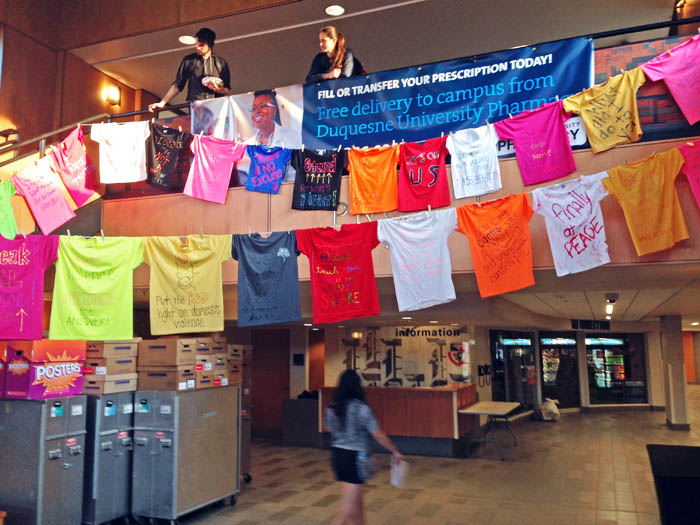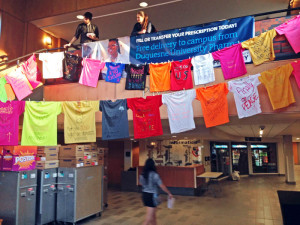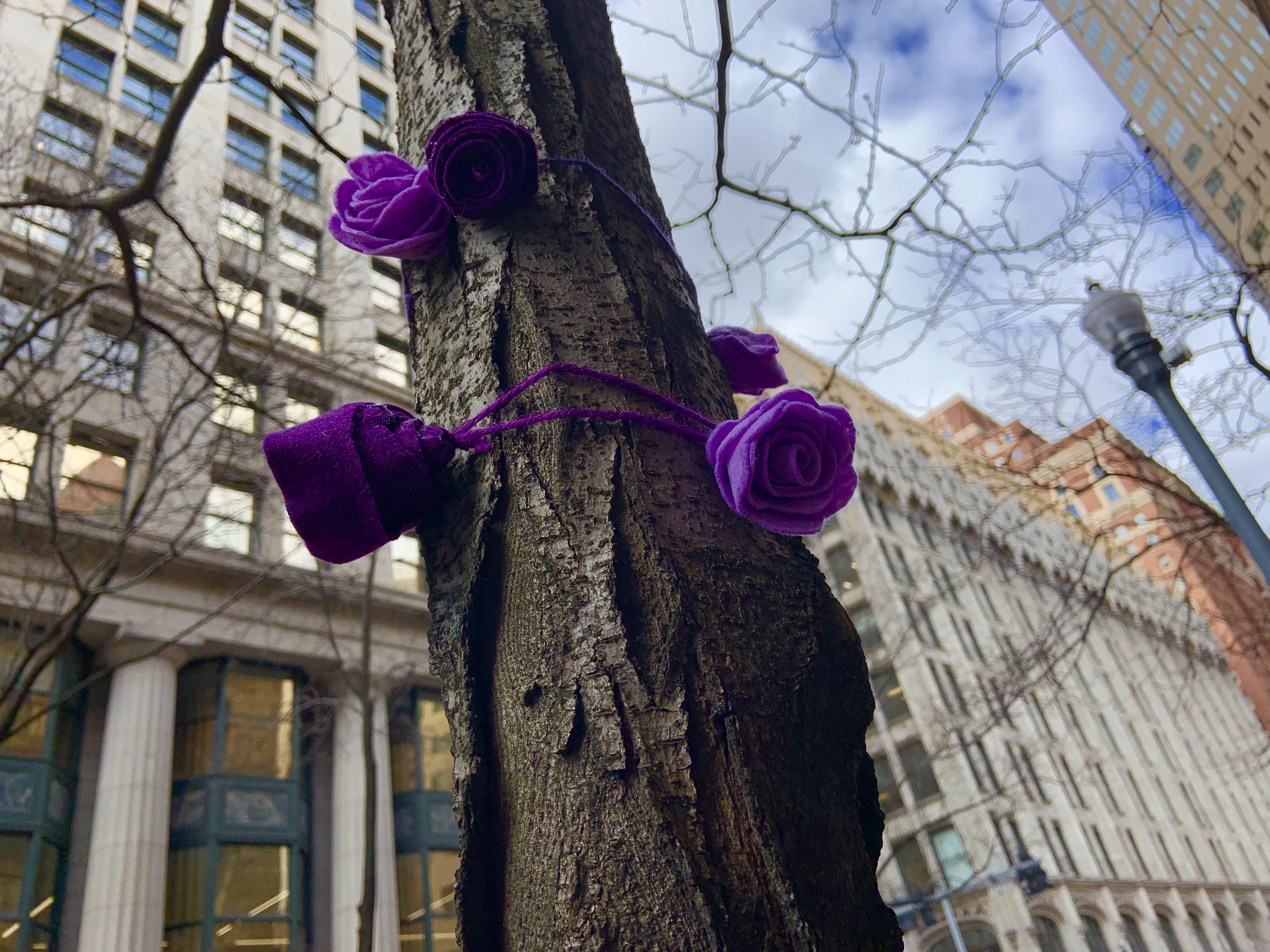

Kaye Burnet | Asst. News Editor
Several Duquesne organizations are coming together to participate in National Sexual Assault Awareness Month by hosting on-campus informational lectures and other educational events.
According to the Centers for Disease Control and Prevention, one in five women report being raped at some time in their lives. Of those victims, nearly 40 percent were between the ages of 18 and 24.
Julie Evans, director of Prevention and Crisis Services for Pittsburgh Action Against Rape, said college students are particularly vulnerable to sexual violence.
“We know it is a huge issue on college campuses,” Evans said. “It’s a new environment, there are different boundaries, new experiences, new people, and these are all risk factors. And then you add alcohol, which is a huge risk factor.”
According to Capt. Michael Kopas of the Duquesne police, there were four sexual assaults on campus between 2011 and 2013.
On April 7, 8 and 9, the Center for Student Involvement, Greek Life, and the Student Government Association hosted information stations in the Duquesne Union.
University Health Service, the Student Health Advisory Council and the Center for Student Involvement hosted a project on April 13 that encouraged students to decorate old t-shirts with anti-rape slogans.
According to Dessa Mrvos, director of Health Service, the t-shirts were hung on clotheslines in the Union lobby, where they have been attracting attention.
“That’s been really highly effective,” Mrvos said. “We’ve had students and others stop in and give us positive comments.”
Accompanying the t-shirts is a blue sign that explains how “The Clothesline Project” started in 1990 in Cape Cod, Massachusetts as a way for women who experienced sexual violence to voice their feelings.
Evans pointed out that, while men harming women constitutes the majority of sexual assaults, rape also affects men and those in same-sex relationships. She said the key factors in reducing sexual violence are “changing social norms” and education.
“Students need to know how to intervene,” Evans said. “If you see someone at a party who is too intoxicated, get them home safely. If you’re with a group, don’t go out and leave one of your friends behind on the South Side.”
Kopas said many people mistakenly believe that rape is a spontaneous event.
“However, most rapes are carefully planned by the rapist,” Kopas said. “These predators try to separate females from their friends in an effort to victimize them.”
Mrvos said she hopes the month of awareness will show students that it is important for everyone to be educated about sexual violence.
“It could happen to anybody,” Mrvos said.
Other events throughout April include a Department of Athletics clothing drive to benefit victims of sexual assault and a Health Promotion Lecture Series about sexual exploitation in the media on April 27 at 7 p.m. in room 613 of the Union.




